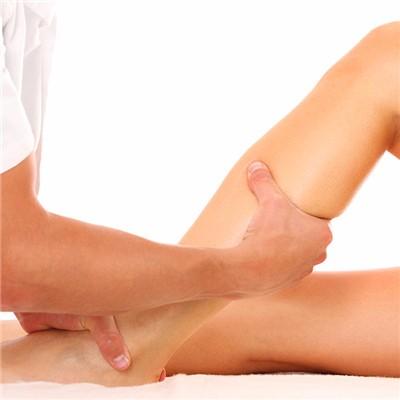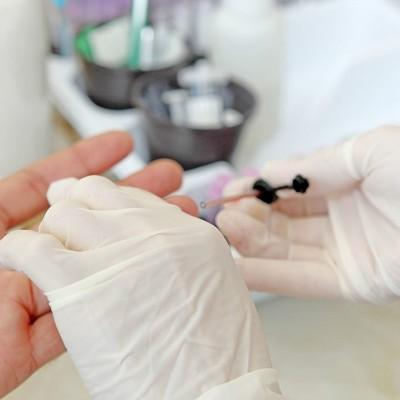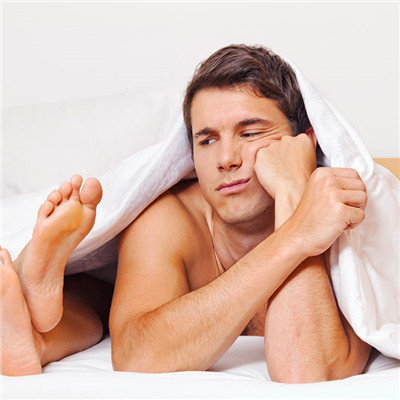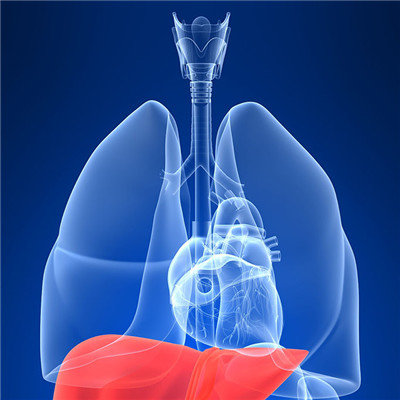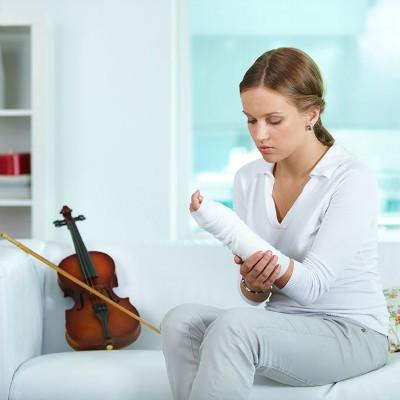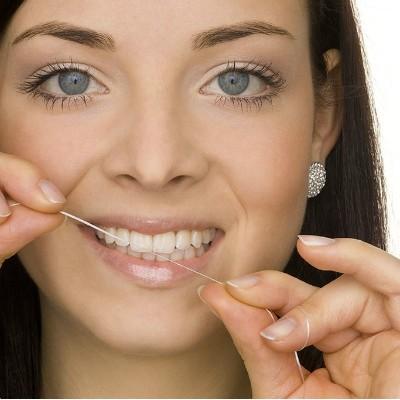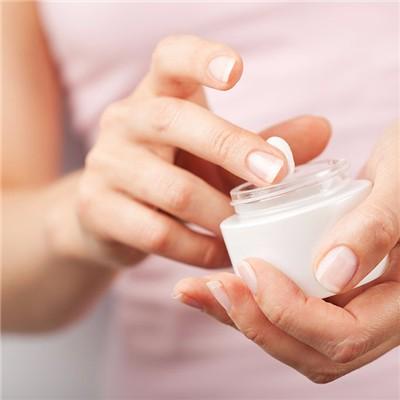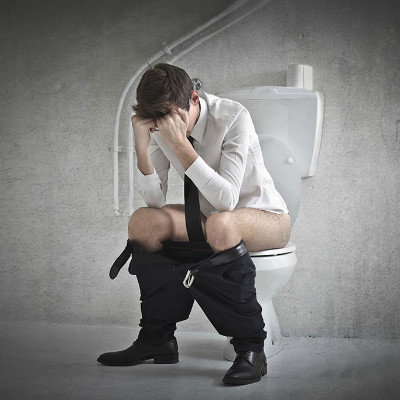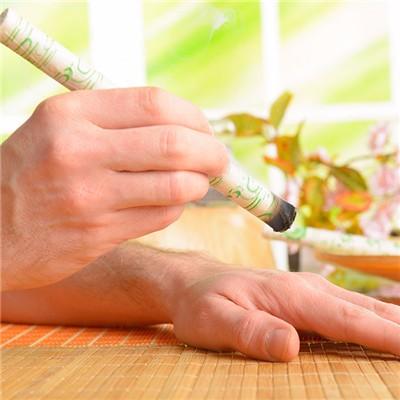What symptom does long nose polyp have?
summary
Nasal polyp is a kind of proliferative tissue mass on the surface of nasal mucosa. Nasal obstruction or increased nasal secretions are common manifestations, accompanied by facial pain or swelling, loss of smell or loss. It is a common disease of the nose, which occurs mostly in adults and rarely in children. What symptom does long nose polyp have? Next, I'd like to share my views with you.
What symptom does long nose polyp have?
First, nasal polyps are more common on both sides and less on one side. The common symptom is persistent nasal obstruction, which is aggravated with the growth of polyps. Nasal secretions increased, accompanied by sneezing, secretions can be serous, mucinous, such as concurrent sinus infection, secretions can be purulent.
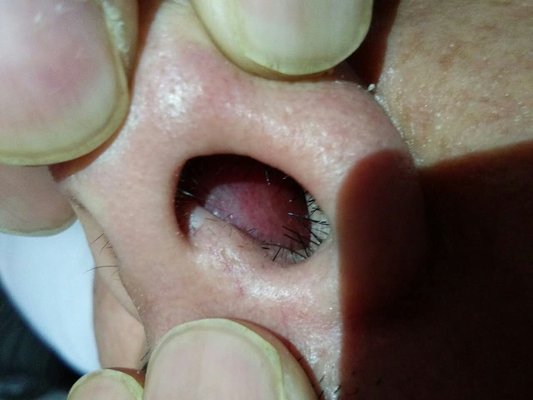
Second: more olfactory disorders. The patients with severe nasal obstruction have occlusive nasal sounds and snore during sleep. The polyp pedicel elder may feel the thing in the nasal cavity to move along with the breath. Posterior nostril polyps can cause difficulty in exhaling through the nose. If the polyps block the pharyngeal tympanic orifice, tinnitus and hearing loss can be caused.

Third: nasal endoscopy showed one or more smooth surface, gray white, light yellow or light red, such as litchi flesh like translucent tumor. Soft touch, no pain, no bleeding. Small polyps can only be found by constricting turbinate with vasoconstrictor or nasal endoscopy. Polyps are large and numerous, and may protrude to the anterior nostril. The front end of the polyp is often stimulated by the external air and dust, showing reddish color. Sometimes there are ulcers and crusts on the surface. Nasal polyps develop backward and can protrude to the posterior nostril or even nasopharynx.
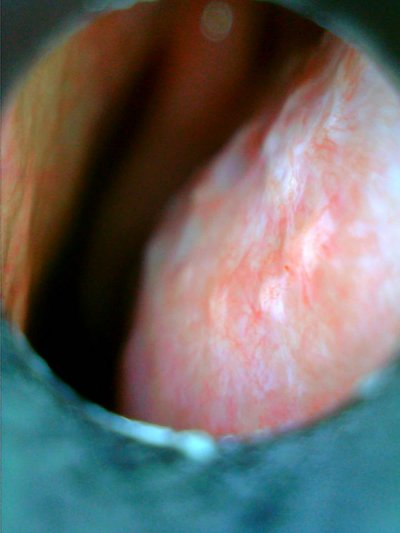
matters needing attention
1. Strengthen physical exercise, improve body resistance, advocate cold water face, cold water bath, sunbathe. 2. Stop smoking alcohol, prevent toxic gas and pollution, dust on the nose, throat long-term stimulation. 3. Avoid long-term use of vasoconstrictors, such as biyanjing, to avoid drug-induced rhinitis.
